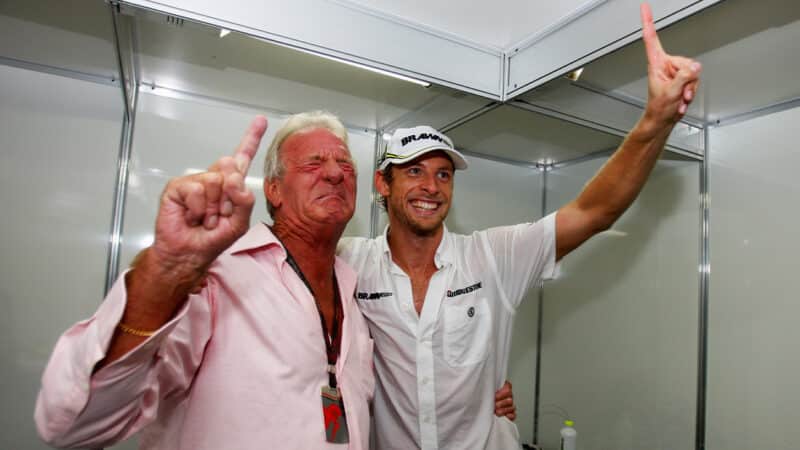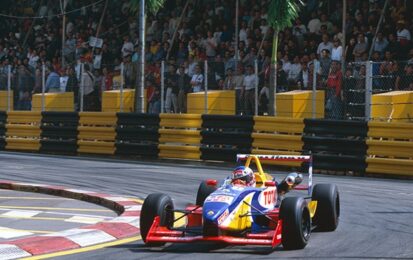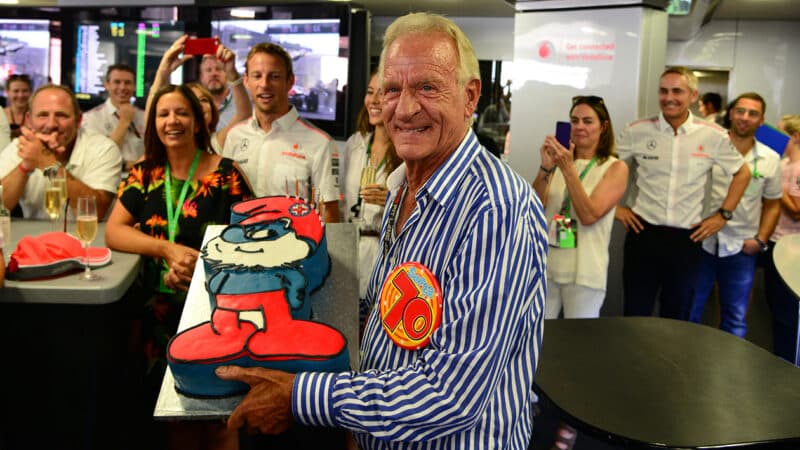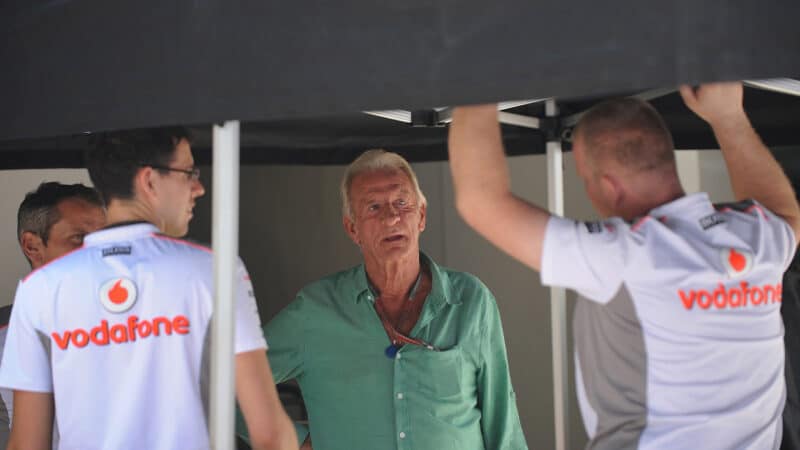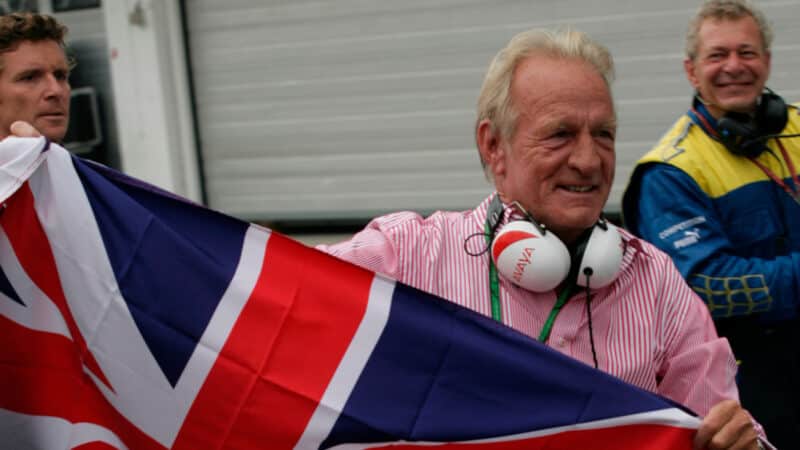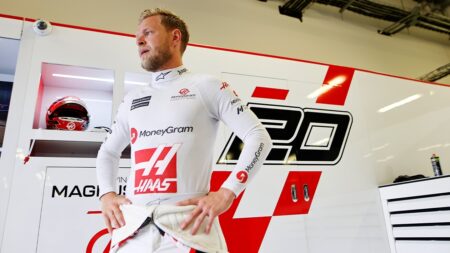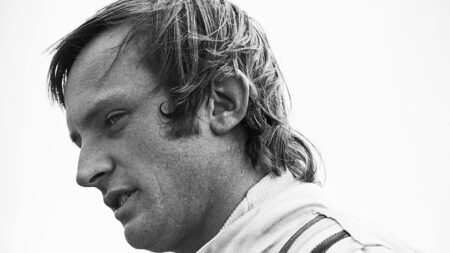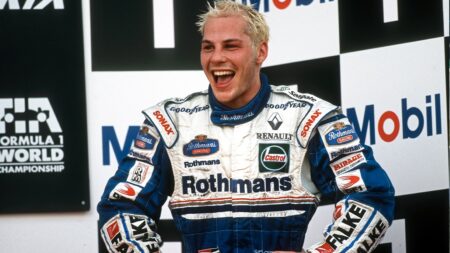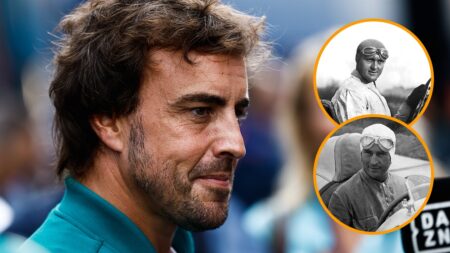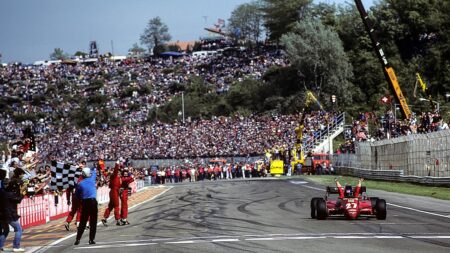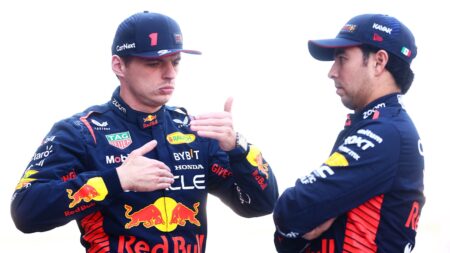He was what used to be called a rough diamond, yet he could also be described by an equally passé expression: one of nature’s gentlemen. Yes, he loved bawdy jokes. Sure, he swore liberally. Yet he was also warm and tender. When he first encountered Angel Bautista, whom I bumped into in Melbourne in 2010 and took with me to the next race, in Sepang, I did not know that Angel would eventually move to London, marry me, and live with me (hopefully) till death do us part. Anyway, the Malaysian Grand Prix was always one of the quietest F1 races, and most teams therefore had a few spare paddock passes available. I was McLaren’s comms director at the time, and I duly wangled a paddock pass for Angel for the Saturday. That morning he entered the team’s VIP hospitality unit somewhat trepidatiously, led there by me, and when we arrived we found the place almost empty. By that time Jenson was a McLaren driver, and the only person present other than our hosts and hostesses was John, sitting in the corner, enjoying his first glass of the day.
“Hi John, this is Angel,” I said.
John frowned.
“Angel?” he asked.
“Yes,” I replied.
“I sure as hell ain’t gonna call him ‘angel’, am I? What’s his real name?”
Angel sat down at a table in the corner diametrically opposite to John’s, and was served a cappuccino. For a while I kept him company there. Soon I was required elsewhere, summoned by a mobile phone call from Martin Whitmarsh, our team principal, and I walked out into the paddock to find him. John hurried after me. “Oi Bish!” he shouted. I stopped and turned. “Look, I’ve f***ing worked it out, no f***ing bother, I realise you’ve pulled that guy, and that’s why you call him ‘angel’, but I sure as hell ain’t gonna call him ‘angel’, am I? What’s his real name?”
“Angel is his real name, John.”
“Cor blimey.”
About an hour later I re-entered our paddock hospitality unit, which was now full of marketing staff and sponsor bigwigs, and I found Messrs Button and Bautista sitting at the same table, laughing like drains together. “Pour us another glass, Angel, there’s a good lad,” said John, no longer remotely reluctant to address a young gay man with what the VIPs sitting at neighbouring tables must have regarded as a surprising degree of endearment. By the end of the day Angel was calling him Papa Smurf, which appeared to be just fine with him, too.

